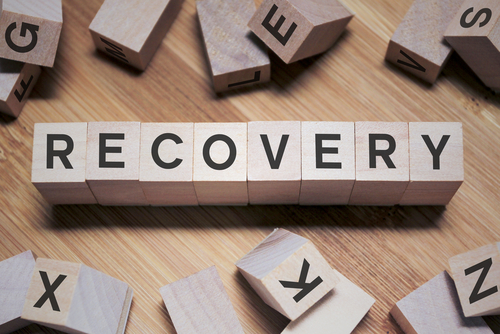Opioid addiction is one of the most prevalent plagues of our century. Over 4.5 million Americans of all races, ages, and economic status are currently fighting addiction to heroin and prescription opioids. It can affect anyone, and if it is something that you or someone close to you is battling, there is hope even in the darkest hours. Recovery from an addiction of any kind can be an incredibly tough road to walk alone. With opioid addiction, you have to also consider the powerful brain addiction and withdrawal symptoms that make it one of the toughest habits to break for good. If you have made the decision that it is time for you to quit or you are trying to help a loved one get past their addiction, there is help out there. Getting Started If you are serious about getting help for your opioid addiction you will first need to seek the help of your family doctor. Have a friend or family member accompany you to an appointment with your doctor. They can help lend the support that you will need while providing comfort and determination. Your doctor will help you to connect with the addiction specialists that can be of the most benefit to you. When talking with your doctor, it is important to be honest, even about things that may make you uncomfortable. The more honest you can be about your drug use, the better your doctor will be able to help you. You will start with an interview where you will be asked for details about your addiction. Things like how long you have been using, what is your drug of choice and when you last used will all be asked. This will be followed up with a blood test and physical exam to determine your overall health. Treatment Options Experts at the Newday-Recovery.com clinic recommend one of two popular treatment options that are successful at helping people overcome their opioid addictions. The Abstinence Method, where a user decides to quit drug use “cold turkey” with the help of counselling and support, and the Medicated Assisted Method where users are weaned off the opioids gradually. Abstinence Method This cold turkey approach is favored by many who believe that replacing one drug with another may not be the best way to kick addiction. This method requires users to go through a strict detoxification process that lasts up to 2 weeks. The powerful withdrawal symptoms can be nearly intolerable for many users and this is the point where most addicts give up. Because of the powerful detox process, it is not recommended that the Abstinence method be attempted as an outpatient program. It requires intensive therapy and ongoing support, and work to stay clean can last for the rest of your life. With the Abstinence method, you will learn how to cope with your emotional and physical issues without having to use drugs or alcohol as a crutch. Medication Assisted Method For many addicts, the incredibly uncomfortable and painful process of withdrawal is too much to handle. In these cases, a Medication Assisted recovery program is a good choice. There are three prescribed drugs that can help with the recovery process. Methadone, Buprenorphine and Vivitrol are often used in combination to help ease the discomfort of withdrawal from opioids. These medications will be prescribed and rigorously monitored by your doctor. In many cases, you will have to make a visit to your doctor just to receive your dose so that you will not abuse the medication. Along with medication, this method also calls for extensive counselling and participation in follow up support programs like Narcotics Anonymous. Conclusion Addiction can feel like an impossible monkey to get off your back, but there is hope for you. Making the choice to end your addictions will take courage and conviction. Let your family and doctors help you to choose the right path to sobriety that fits you best.
How To Choose The Right Opioid Addiction Recovery Path For You

Share This Article
